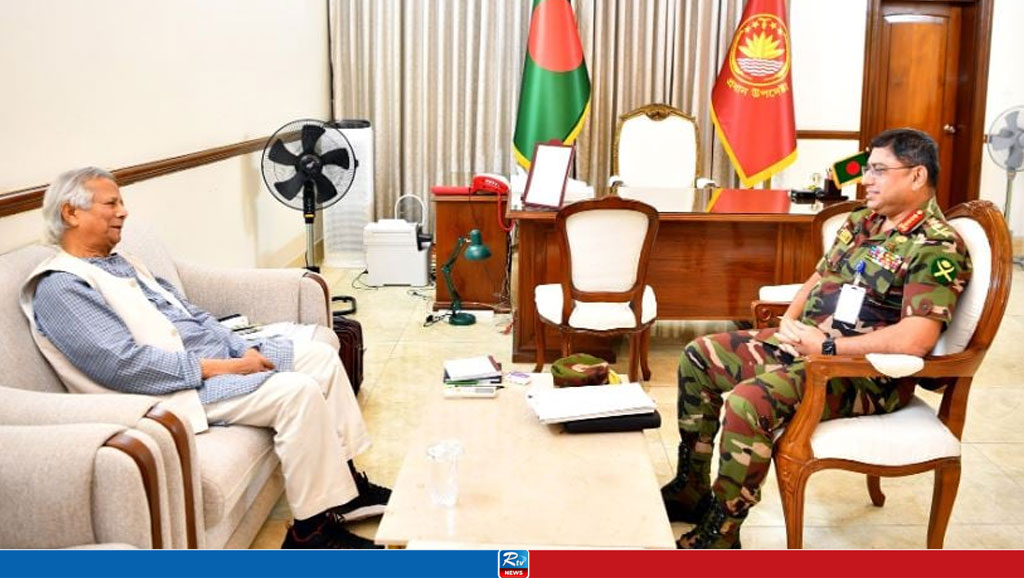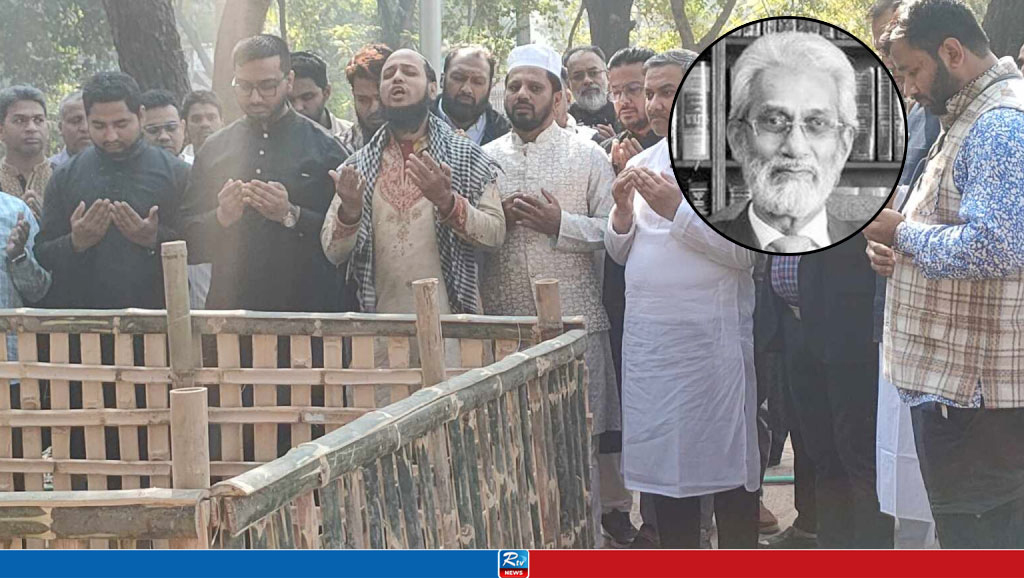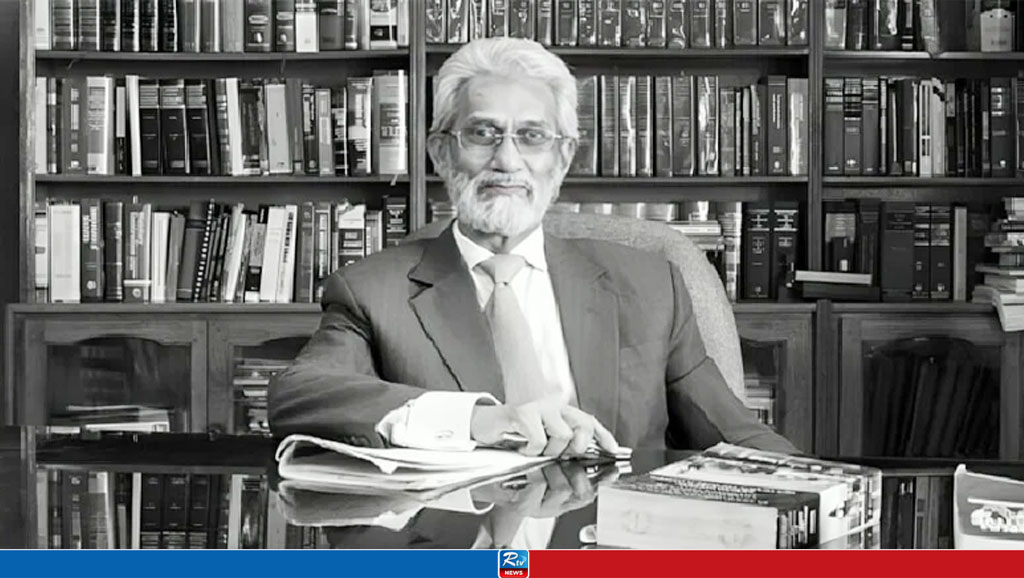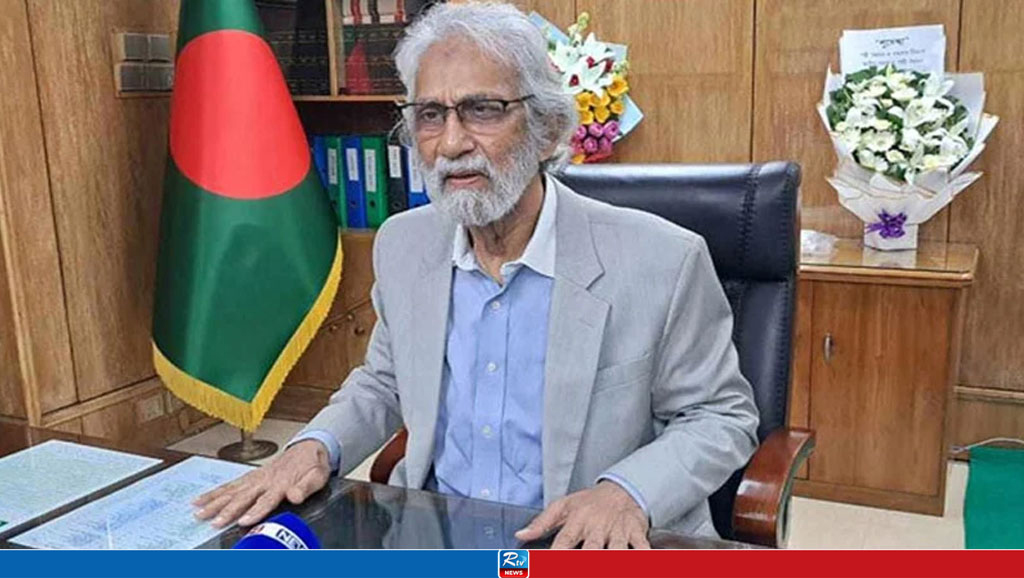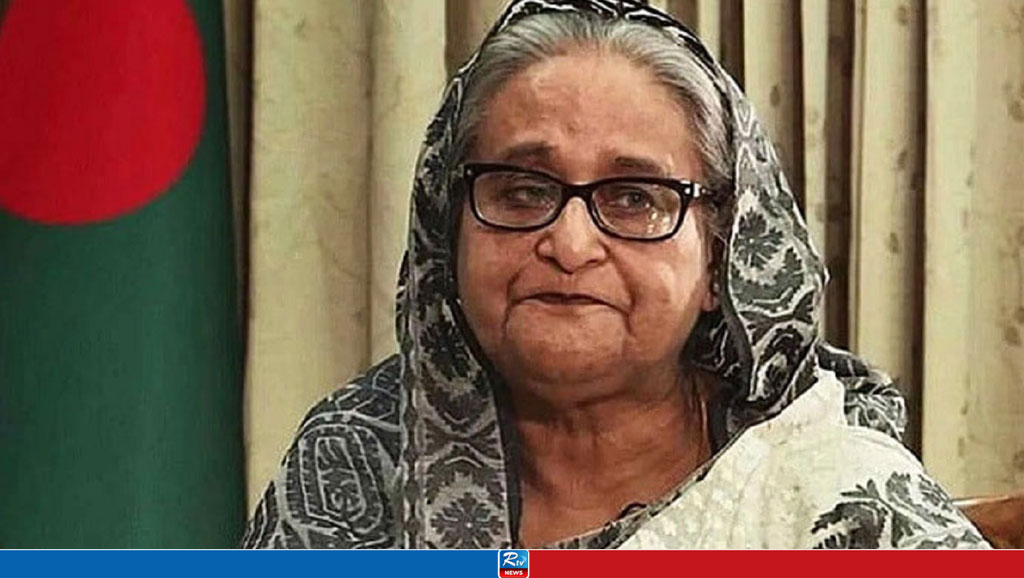Excerpt from VoA’s Interview:
No Decision Yet on Interim Government’s Tenure: Chief Adviser
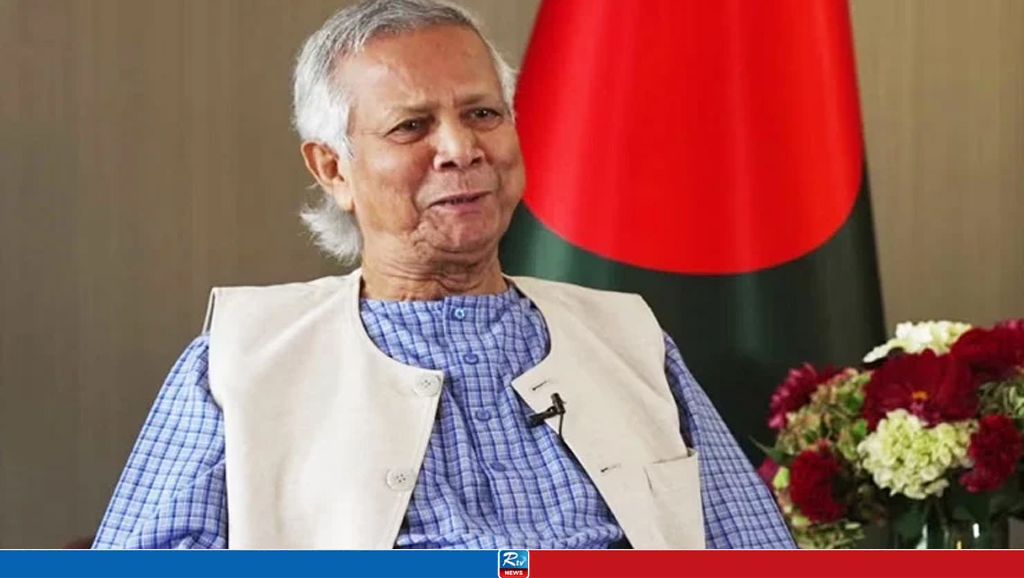
Chief Adviser of the interim government, Professor Dr. Muhammad Yunus, has stated that while there have been discussions within the Advisory Council regarding the tenure of the interim government and the timing of the next election, no decision has been made yet. He also mentioned that any decision on this matter will be announced by the government itself.
When asked whether the Advisory Council had discussed this issue, Dr. Yunus replied, "We have discussed it, but no decision has been made."
He made these comments during an exclusive interview with Voice of America Bangla in New York, following his speech at the UN General Assembly on Friday (September 27). The interview was published by Voice of America’s Bangla section on Tuesday.
Earlier, Bangladesh’s Army Chief, General Waqar-uz-Zaman, expressed strong support for the interim government to complete key reforms and hold an acceptable national election within the next 18 months. He made these remarks during an interview with Reuters on September 23.
When asked if this implies that the interim government’s tenure would be 18 months, Dr. Yunus responded, "You can assume that if you want, but that’s not the government’s stance. The government has not given any opinion so far. So, when the government will decide on the tenure, it is up to them to announce it. Until the government speaks, it’s not confirmed."
Clarifying further, the Chief Adviser added, "We will announce it. When you hear it from us, that will be the official date."
Regarding relations with India, the Chief Adviser commented, "Both our countries have a shared interest in building a close, harmonious relationship. Sometimes, issues arise, such as border shootings where children have been killed, which deeply hurt us. We don’t believe that the Indian government does this intentionally. We aim to eliminate the causes behind such incidents so that people can live safely and move freely."
Bangladesh’s recent mass uprising was led by students, and there are student representatives in the interim government. However, many students outside the government are seen trying to assert authority in various institutions across the country.
When asked if students are running the country, Dr. Yunus replied, "I’ve always said that they should be running it. I’m not saying they are, but they should be. The youth should be in charge because they are the ones who will shape their future."
Regarding the decision to grant magistracy powers to military officers about a month and a half after assuming power, Dr. Yunus explained that during the mass uprising, the public developed a negative perception of the police due to their actions, including the killing of students. As a result, the police force’s morale was broken, and they were unable to maintain law and order. Even deploying the Ansar force was not effective. Therefore, military officers were given magistracy powers for two months to control the situation.
Dr. Yunus stated, "Various forms of unrest were emerging, particularly worker dissatisfaction in our garment factories. We felt that if the situation continued, it would escalate. The issue of giving magistracy powers to the army came up. They said, ‘We are present, but no one listens to us because we don’t have any authority. If we had some power, perhaps they would respect us.’ So, we gave them magistracy powers."
In this interview, Dr. Yunus also spoke about various topics, including Pakistan’s formal apology for the war crimes of 1971, discussions with Pakistan, Nepal, and Bhutan regarding reactivating SAARC, his government’s progress in constitutional reforms, recent ethnic clashes in the hilly districts of Bangladesh, and the Rohingya crisis.
On September 11, marking one month since the formation of the interim government, the Chief Adviser announced the formation of six commissions as part of the initial steps toward reform. The areas of reform include the election system, police administration, judiciary, anti-corruption efforts, public administration, and the constitution.
In his interview with Voice of America, he reiterated that the primary goal of his government is to complete these critical reforms and ensure a free, fair, and impartial election.
Comments
3 Killed in Clash, Claim Mollah College Authorities

No Deaths in Demra Clash, DMP Clarifies
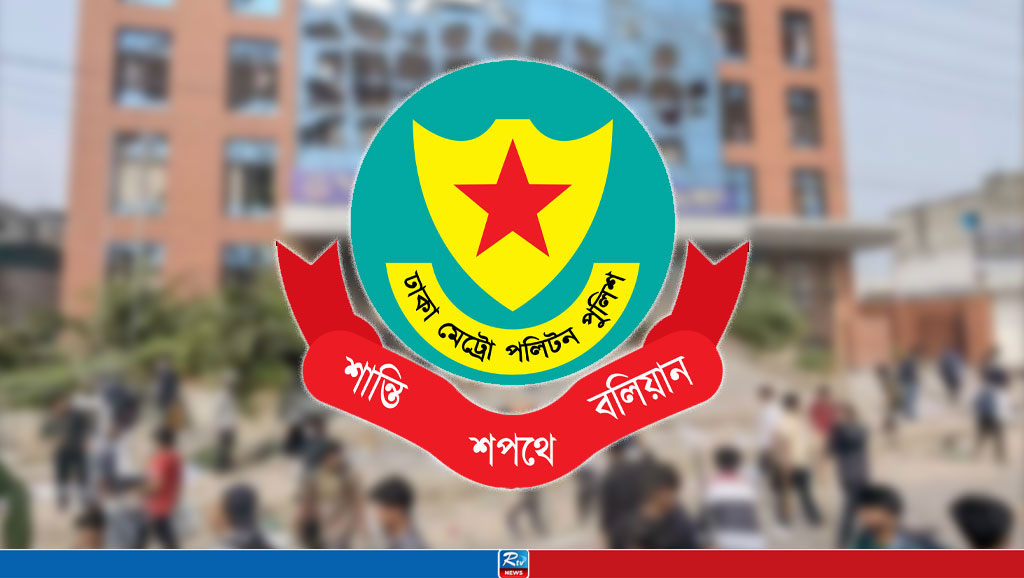
New Price of Gold Effective From Today

47th BCS Circular to be Published This Week
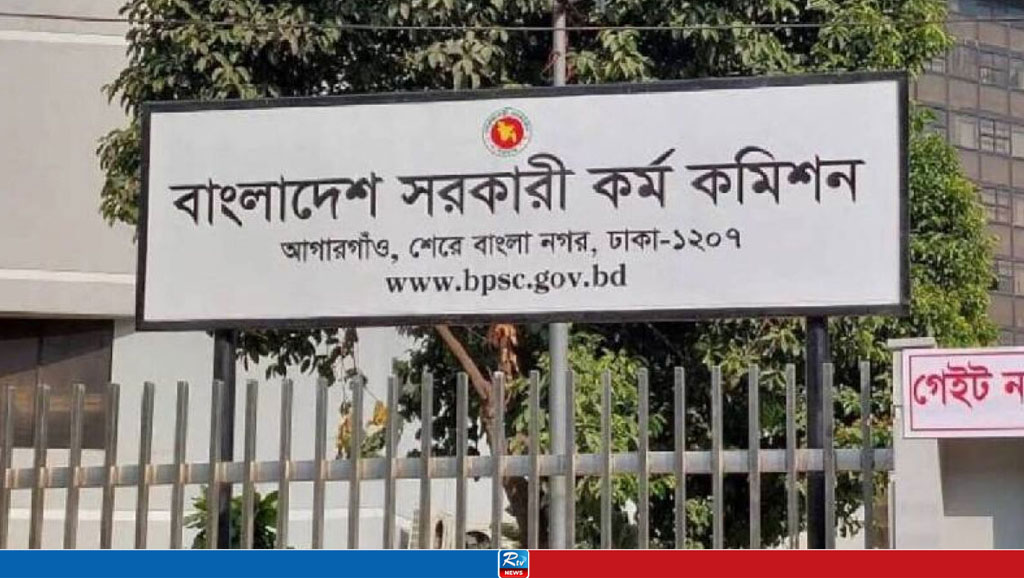
JICA Provides Tk 3,147cr For Two Projects
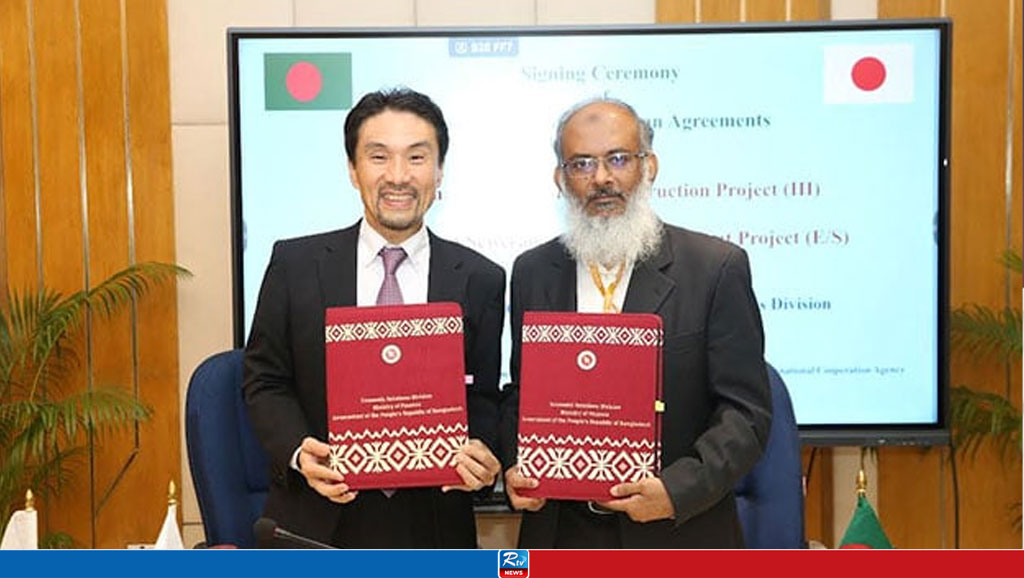
Hasnat-Sarjis in Road Accident
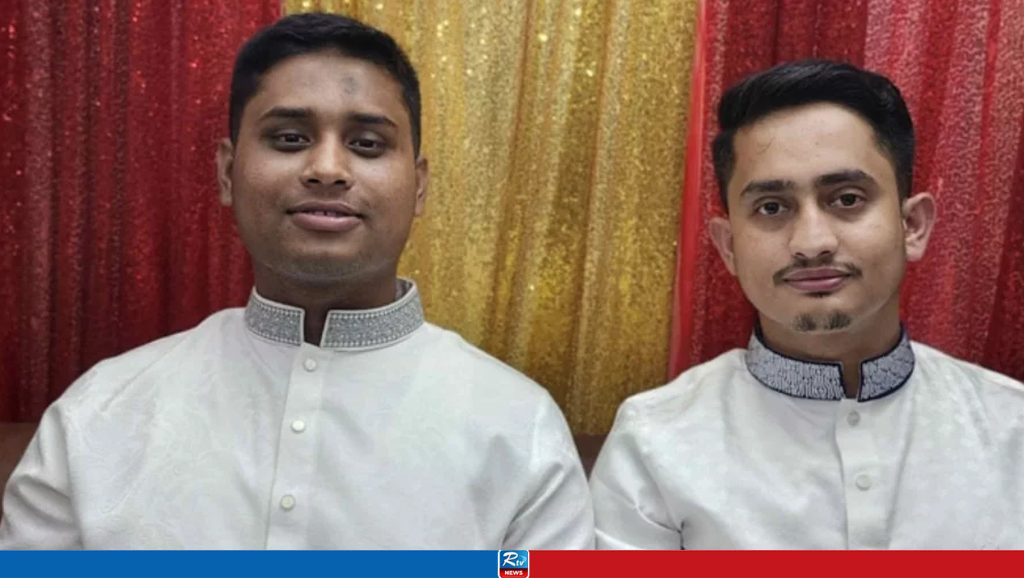
SSC Form Fill-up Fee Increased
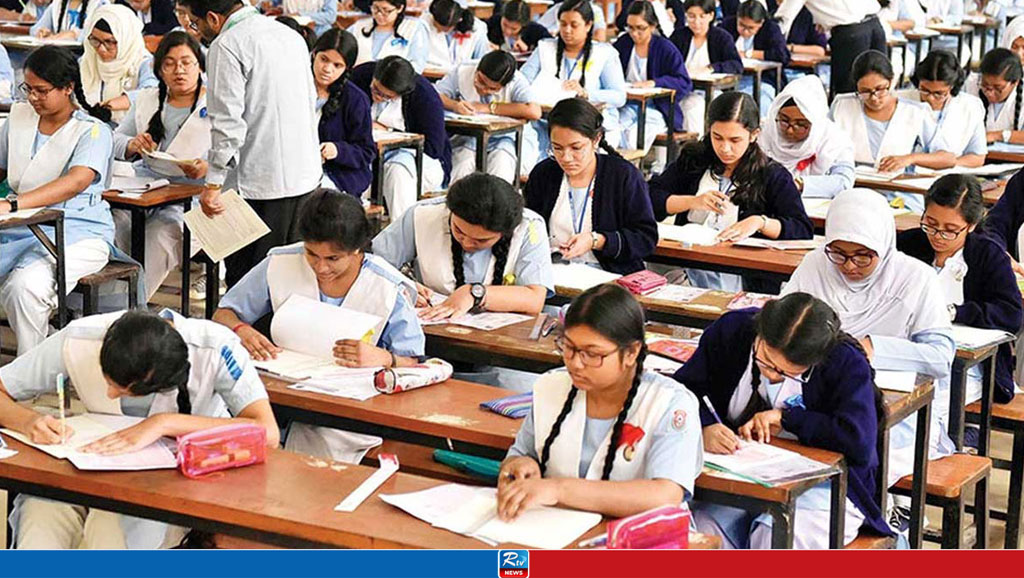

 Live Tv
Live Tv

